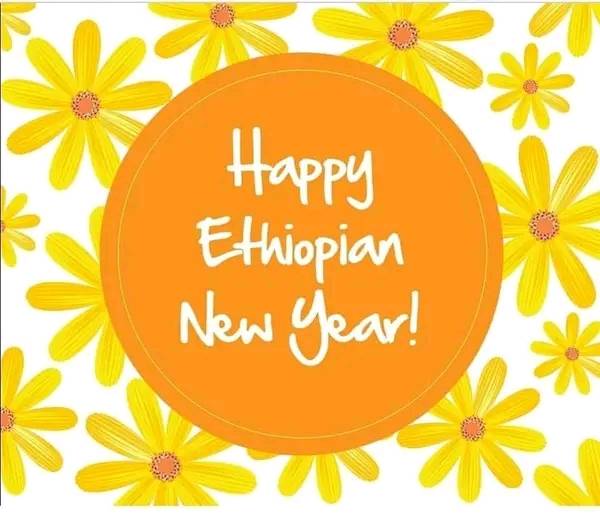

Ethiopians today mark the first day of the Ethiopian New Year popularly known as Enkutatash, as the East African country welcomed the year 2015 with hope for national harmony and peaceful coexistence.
Today September 11, the East African nation marks New Year or Enkutatash in Amharic language.Ethiopia uses a unique calendar, which counts its year seven to eight years behind the Gregorian calendar. Presently, the country is celebrating the arrival of the year of 2015.
The Ethiopian calendar is a solar calendar based on the Egyptian and Julian calendars and was brought to Ethiopia by missionaries. The year consists of 12 months of 30 days and a thirteenth month of five or six timekeeping days.
A year has 365 days, six hours, two minutes and 24 seconds. Once every four years, the six hours add up to 24 hours and become the sixth day in a leap year. Once in 600 years, the two minutes and 24 seconds add up to a full day and form a seventh day.
Based on the Julian calendar basis, the Ethiopian calendar is currently seven years and eight months behind the Gregorian calendar used in most of the world.
As the just concluded Ethiopian 2014 witnessed an eruption of a fresh conflict in the country’s Northernmost Tigray regional state between government and TPLF forces which had expanded to neighboring Afar and Amhara regions, Ethiopians are now facing multiple challenges ranging from economic recess to acute drought and diplomatic issues with downstream nations on waters and borders.
In the capital of Addis Ababa, the disruptions and price hikes are highly visible across markets, with soaring prices for festive commodities across holiday markets.
Ethiopian New Year brings an extended family together to attend a series of events, including the slaughtering of livestock, either a sheep, goat, or cow, depending on a household’s financial condition.
Enkutatash is literally translated as “gift of jewels,” a name that derives from the story of the Queen of Sheba, the ancient queen of Ethiopia.
more recommended stories
 Somaliland to Defend Sovereignty Against Somalia’s Provocative Laascaanood Visit
Somaliland to Defend Sovereignty Against Somalia’s Provocative Laascaanood VisitThe Ministry of Foreign Affairs and.
 New Director Appointed: Burao Hospital’s Fall and the Fight for Revival
New Director Appointed: Burao Hospital’s Fall and the Fight for RevivalBurao Hospital begins a new chapter.
 Somaliland: While Mogadishu Burns, Somalia Seeks Chaos in Sool
Somaliland: While Mogadishu Burns, Somalia Seeks Chaos in SoolHargeisa, April 9, 2025 – (Somaliland.com).
 Somaliland Presidency Delivers 10 Vital Dialysis Machines to Hargeisa Group Hospital
Somaliland Presidency Delivers 10 Vital Dialysis Machines to Hargeisa Group HospitalHargeisa – Somaliland – The President.

